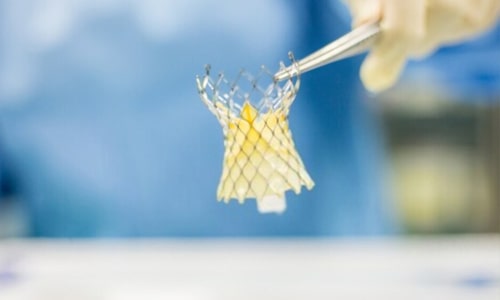Heart Double Valve Replacement in India starts from $7200. The total cost of the treatment depends on the diagnosis and facilities opted by the patient.
There are four types of cardiac valves that control the flow of blood to and fro the heart. Over a period of time, the heart valves may get diseased or damaged because of several reasons. A reduction in the functioning of the valves can cause serious complications.
The aortic and the mitral valve are most commonly affected by the heart valve disease. Aortic valve replacement (AVR) and mitral valve replacement (MVR) are the two types of valve replacement surgeries in which the diseased aortic or the mitral valve are replaced. Sometimes, both the valves are replaced in the same surgery. Such a surgery is known as double valve replacement surgery.
Types of Valves
The following types of valves may be used to replace the diseased or damage valve:
Tissue valves: These valves are created from animal tissue, wither heart valve tissue or pericardial tissue. These types of tissue valves reduce the risk of rejection and calcification. In some of the cases, a homograft may be used to replace the diseased valve. The homograft is either retrieved from a deceased donor or the patient’s own pulmonary valve.
Mechanical valves: These are made up of flexible and durable material and they tend to last for an entire lifetime of the patient. However, there is an increased risk of blood clotting in patients who receive mechanical valves. This is the reason why they may have to take blood-thinners for their entire life.
Immediately after the procedure, the patient is shifted to intensive care for at least 12 to 36 hours. This is followed by a day or two of hospital stay. The patient is discharged after four to six days of the surgery. Total recovery may take around four to six months.






